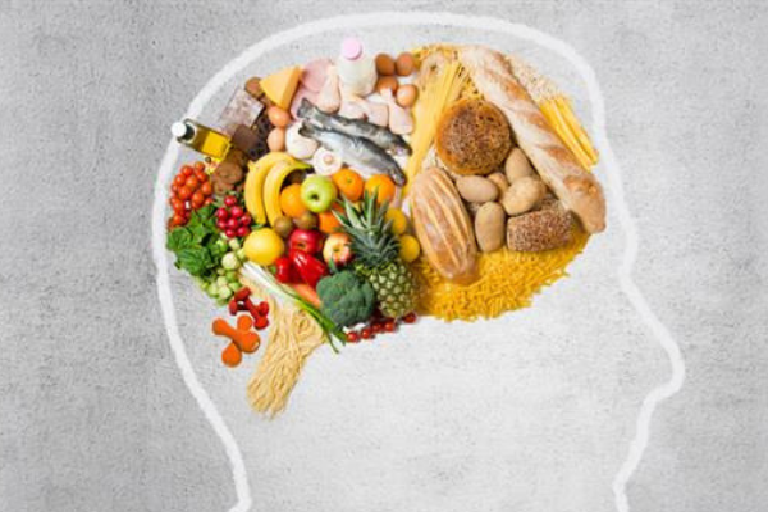How Can What You Eat Impact Your Mental Health?
When you are feeling blue, it is common to turn to those things that provide comfort. A warm blanket or a favorite TV show may provide us with temporary relief from the doldrums. One avenue that many turn to for comfort is food. Eating something rich and sweet may also provide a temporary bump in mood. While indulging once in a while is harmless, maintaining a diet centered around comfort food may find you feeling worse quicker.
The connection between what you eat and how you feel is a strong one. You may focus too much on the way you look, but the way your brain reacts to certain foods is perhaps even more crucial than the physical effects of weight gain. What you eat may have a profound and lasting effect on your mood for many reasons. Learn how to boost your brain health by dialing back on the foods that may exacerbate depression and including those that may help fight it.
The Negative Impact of Sugar
Sugar is a natural food, so why does it get such a bad rep? Sugar, while naturally occurring, has been found to contain addictive properties. When you eat sugar, the brain releases dopamine, a chemical associated with pleasure. It makes you feel good. It gives you a sugar high. However, much like other addictive chemicals, the crash comes soon after. So, what happens? You eat more sugar. The constant highs and lows associated with too much sugar can aid in making you feel more moody, sad and ultimately, depressed. Thus, trying to keep your sugar under control may help break the cycle of ups and downs.
The Positive Role Plants Play
If you were to pull out your rugged laptop and look up the health benefits of eating more plant-based foods, you would find a plethora of information. Fruits and vegetables are rich in vitamins and minerals that help fuel your body and make it run more efficiently. While they contain measured amounts of natural sugar, fruits and vegetables do not usually cause the dopamine roller coaster that things such as chocolate do. Fruits and veggies also maintain gut and digestive health, two aspects of the body that have a marked impact on the way you feel. Other plant-based food items, such as nuts, have also been shown to impact mental health positively. In particular, Walnuts are shown to be packed with omega-3 fats and protein, both of which are essential in maintaining mood and boosting brain health as a whole.
Healthy Fat, Protein and Probiotics
Most fish is considered a superfood by nutritionists because of the copious amounts of omega-3 fats they often contain. Wild salmon, for instance, is widely regarded as one of the best things you can eat. Not only do omega-3 fats contribute to a healthy heart, but they also spur brain development and chemical stabilizers. The benefits of omega-3 fats extend to keep moods stable and fight off depression by aiding in serotonin production. Fish are not alone in contributing to whole-body health. Protein, especially that found in poultry, helps to keep the body’s blood sugar stable. People who have unregulated blood sugar are more prone to low moods. Protein is an essential building block to maintaining blood sugar. Gut health is also impacted by blood sugar. Probiotics are healthy organisms that reside in the gut and help reduce inflammation throughout the body. This decreases pain, increases the release of happy chemicals in the brain and leaves your mood more elevated than before.
Food is critical to life. While there are plenty of reasons why you should eat a balanced diet, your mental health may prove to be on the same level as your physical health. Scientists are just beginning to unlock the correlation between food and depression. Thus far, the breakthroughs they have made indicate that sugar should be reduced and omega-3 fats increased as a basic measure you can take to boost your mood and keep you out of the dark.




























